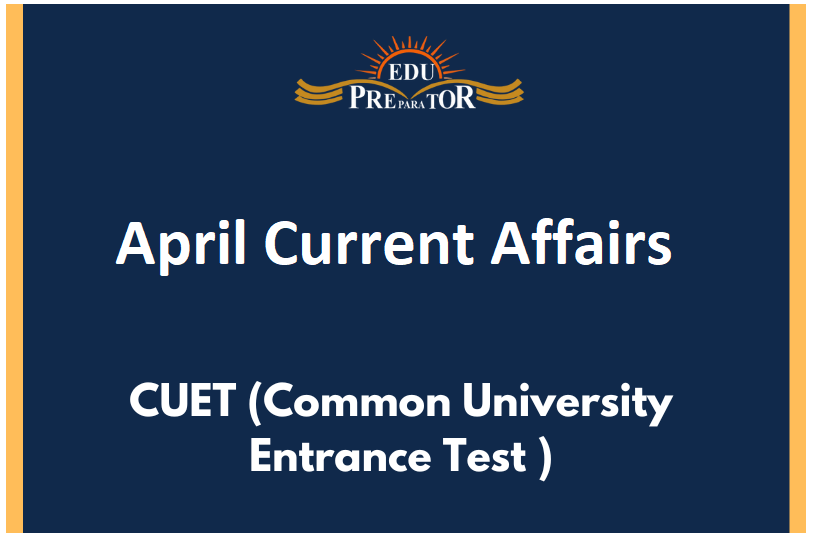
Science and Technology
Decoding the Role of Artificial Intelligence in Elections: Opportunities, Challenges, and Regulations
Introduction and Overview
- India is witnessing a paradigm shift in its election process with the rising integration of Artificial Intelligence (AI).
- AI's transformative impact resonates worldwide, and the political landscape is no different.
- AI in elections is redefining campaign strategies and facilitating a targeted voter engagement approach.
AI in Elections: The Good Side
- Campaign Strategies: Harnessing AI's ability to process vast data amounts can help identify key issues, predict voter preferences, and create specific campaign messages.
- Monitoring Misinformation: AI can identify patterns and signal probable misinformation, thereby becoming instrumental in tracking fake news on social media platforms during elections.
- Voter Registration & Identification: From easing the voter registration process to ensuring rightful voting, AI plays a vital role.
- Preventing Election Meddling: AI entities, such as OpenAI, showcase commitment towards creating tools that can detect and act upon deceptive AI-generated content.
- Regulatory Measures: The Union Ministry of IT directs AI companies to ensure their services do not promote illegal activities as per Indian laws or disrupt the electoral process's integrity.
- Collaboration with Tech Platforms: Coordination between the Election Commission of India and big tech firms can help control misinformation.
Election Integrity Defined
- Election Integrity refers to the impartiality and fairness of conducting the election process, an essential aspect of democratic governance.
- The Election Commission of India shoulders the responsibility of maintaining the electoral process's integrity.
- The Supreme Court of India underscores that free and fair elections form a part of India's Constitution's basic structure.
AI in Elections: The Dark Side
- Spread of Disinformation: Growing concerns revolve around how the rapid evolution of generative AI could influence elections by disseminating false information or creating deep fakes.
- Lack of Transparency: The inscrutability of AI models' functioning obscures understanding of their decision-making process leading to issues of accountability and fairness.
- Undermining Democracy: AI misuse can manipulate public sentiment, engender fake news, and impact election results, thus undermining democratic procedures.
- Privacy & Data Security: The enormous data collection by AI induces concerns regarding its utilisation and access.
- Regulatory Challenges: The Indian government’s advisories for generative AI companies emphasise that AI systems should not compromise Indian laws' credibility or the electoral process.
- Ethical Considerations: It is critical that AI applications do not exacerbate existing biases.
- Misuse & Accountability: Misuse of AI technology can convince people not to vote, and accountability is questioned when tech companies do not specify a timeline to meet their commitments.
Regulating AI: The Road Map
- The Indian government has recognized AI's potential misuse and mandates that AI-generated responses must adhere to Indian laws without hampering electoral integrity.
- Companies offering untested or unreliable AI systems in India must obtain government pre-approval.
- Global tech giants have pledged to adopt precautions to prevent AI tools from disturbing democratic elections internationally, focusing on creating awareness and actioning against misleading AI-generated information.
In essence, the integration of AI in elections is a double-edged sword. While its potential to streamline electoral processes is encouraging, its misuse can undermine democratic ethos. Therefore, regulating AI in elections becomes a priority to secure data privacy and ensure lawful and credible usage of AI technology.



Comments
Nam cursus tellus quis magna porta adipiscing. Donec et eros leo, non pellentesque arcu. Curabitur vitae mi enim, at vestibulum magna. Cum sociis natoque penatibus et magnis dis parturient montes, nascetur ridiculus mus. Sed sit amet sem a urna rutrumeger fringilla. Nam vel enim ipsum, et congue ante.
Cursus tellus quis magna porta adipiscin
View All